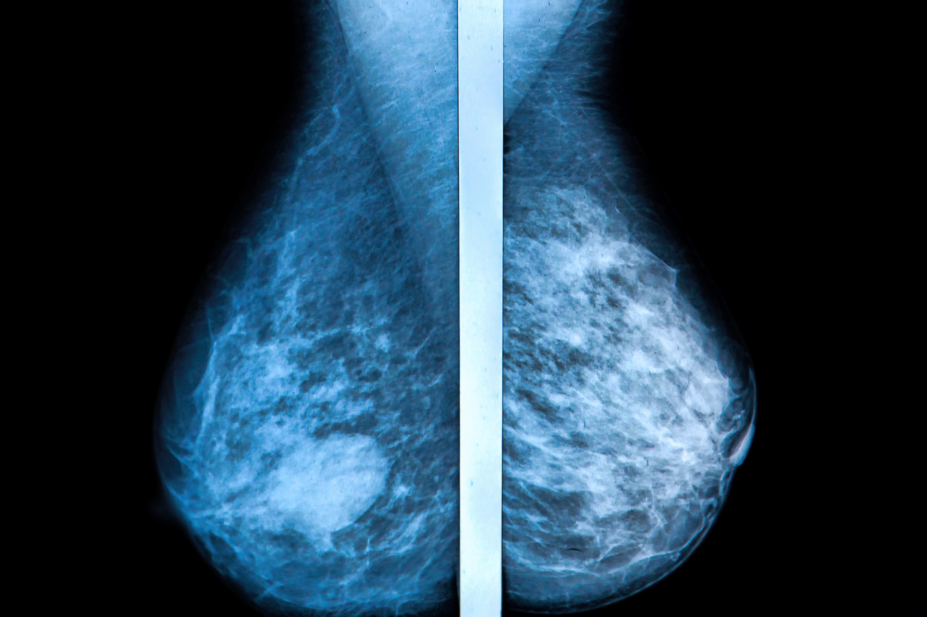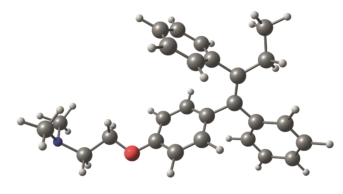
Shutterstock.com
Trastuzumab (Herceptin; Roche) significantly improves outcomes in patients with HER2-positive early breast cancer, but is also linked to a decline in left ventricular (LV) function and increased risk of heart failure (HF).
Canadian researchers explored whether the HF drugs perindopril, an angiotensin-converting enzyme (ACE) inhibitor, or bisoprolol, a beta-blocker, reduced cardiotoxicity in a trial of 94 patients treated with trastuzumab.
Compared with placebo, patients who received either intervention alongside trastuzumab therapy had better preservation of LV ejection fraction at 12 months. However, neither treatment prevented LV remodelling, the study’s primary outcome.
Reporting in the Journal of Clinical Oncology
[1]
(online, 28 November 2016), the researchers suggest that if ACE inhibitors or beta-blockers reduce trastuzumab-related cardiotoxicity, it could allow patients to receive their full course of treatment, which is usually stopped at the first sign of HF.
References
[1] Pituskin E, Mackey JR, Koshman S et al. Multidisciplinary Approach to Novel Therapies in Cardio-Oncology Research (MANTICORE 101–Breast): a randomized trial for the prevention of trastuzumab-associated cardiotoxicity. Journal of Clinical Oncology 2016. doi: 10.1200/JCO.2016.68.7830.


